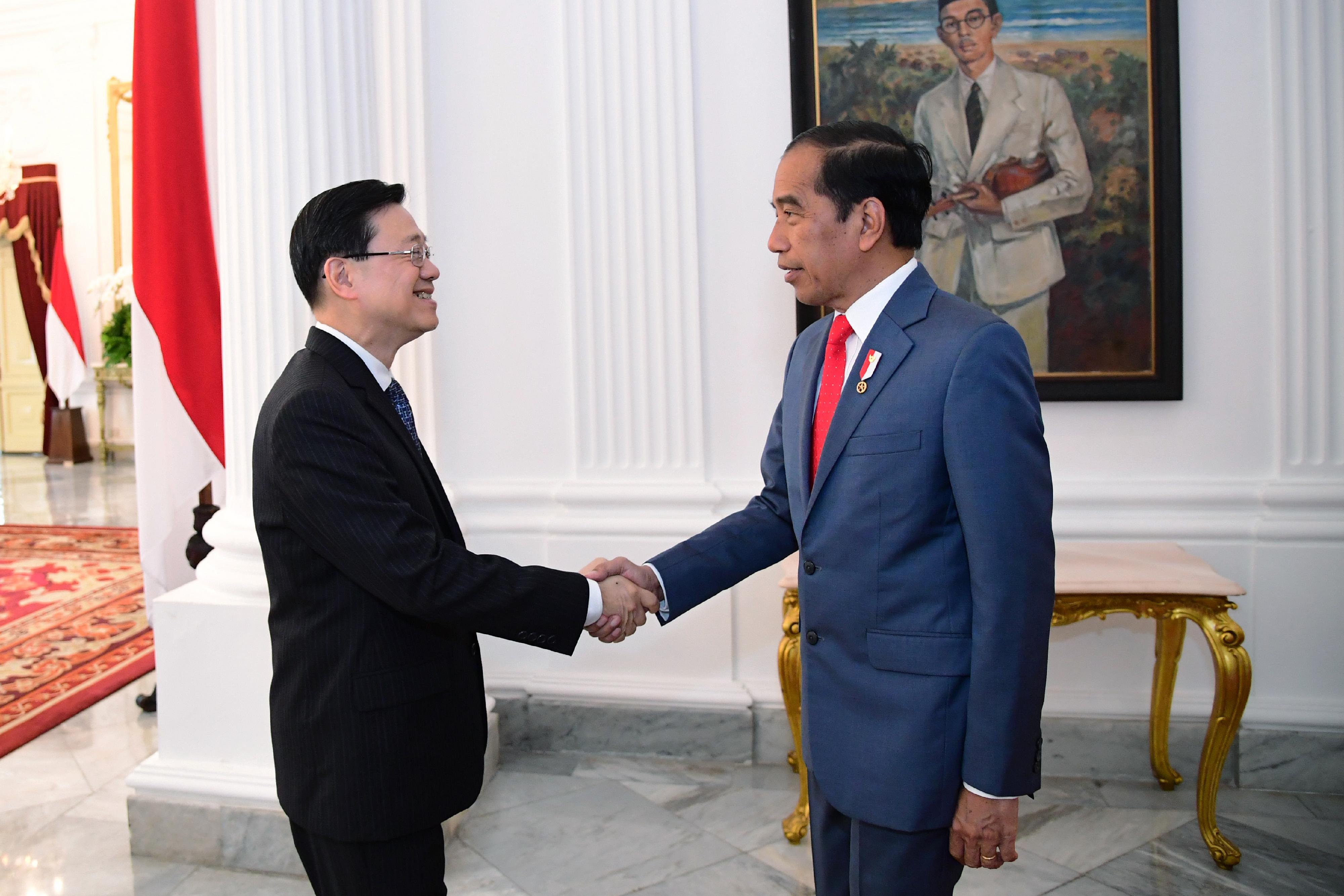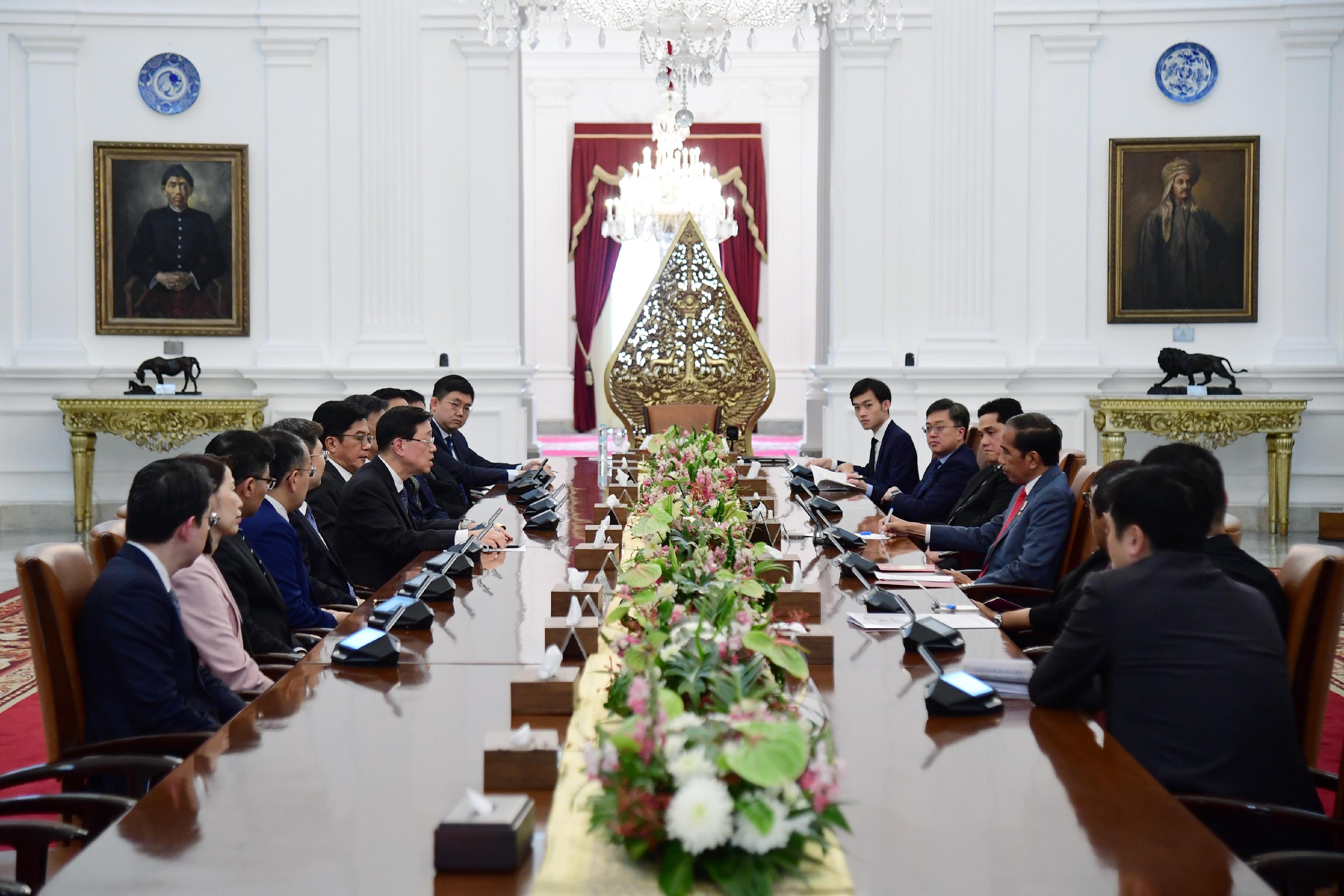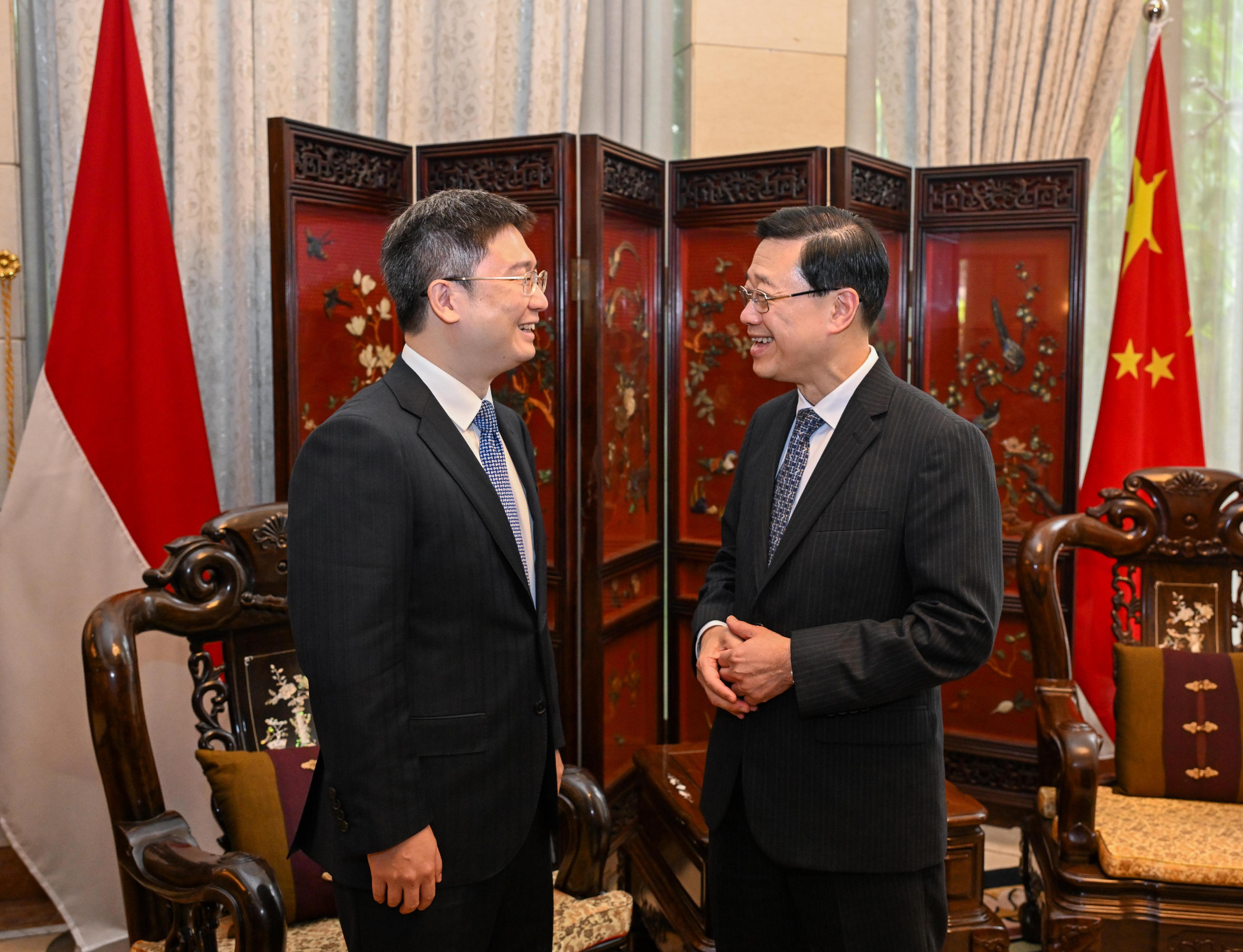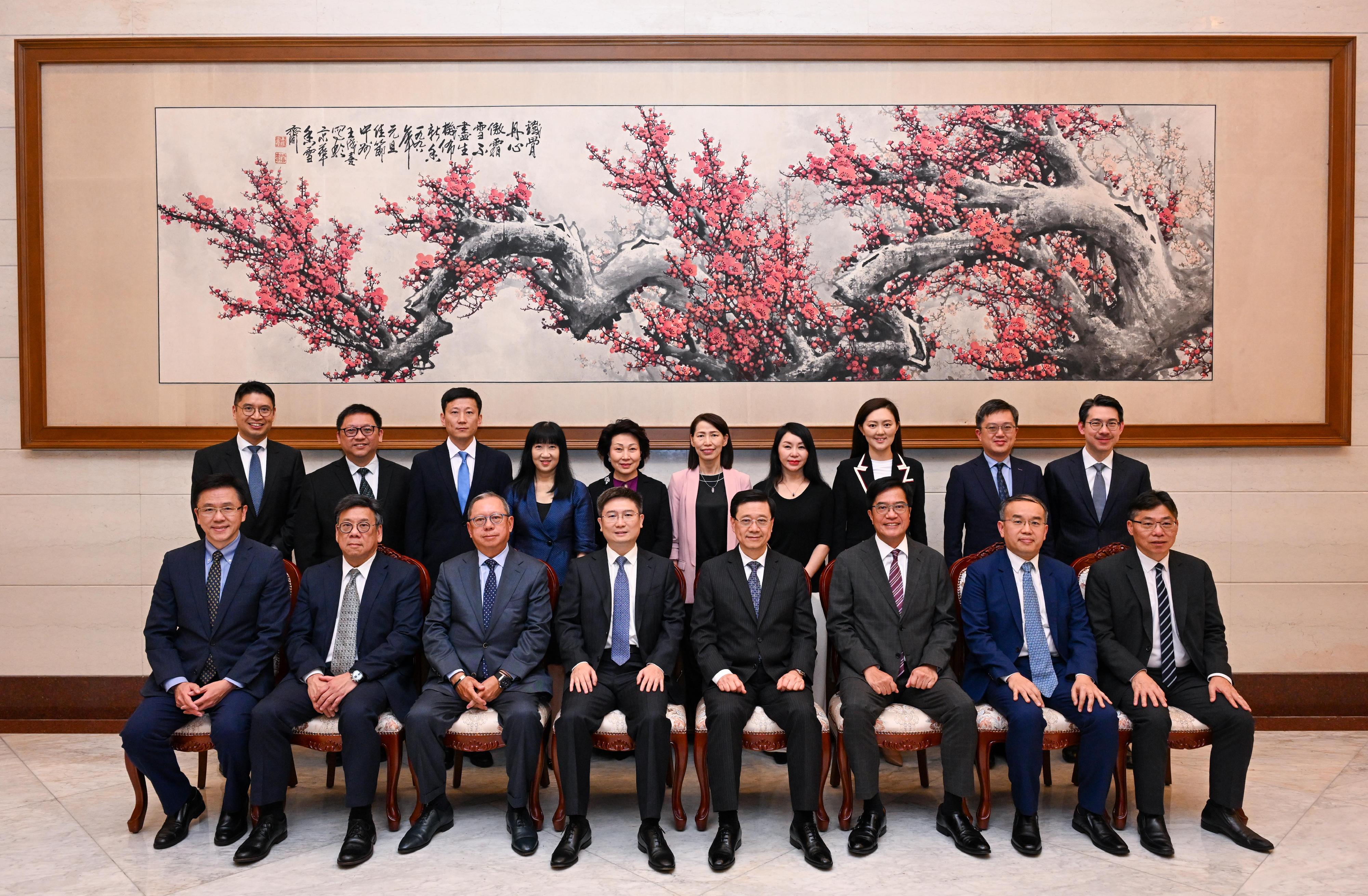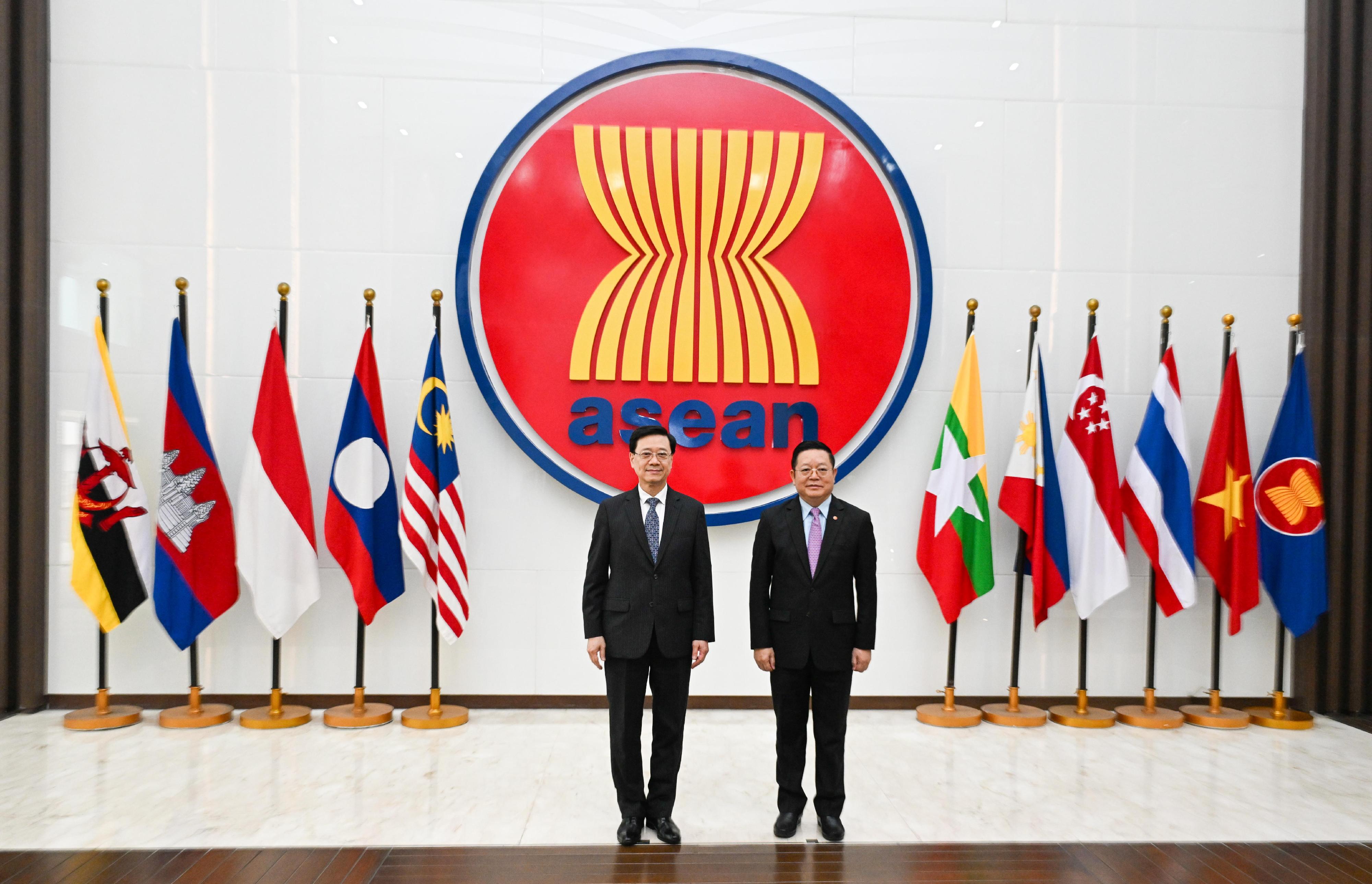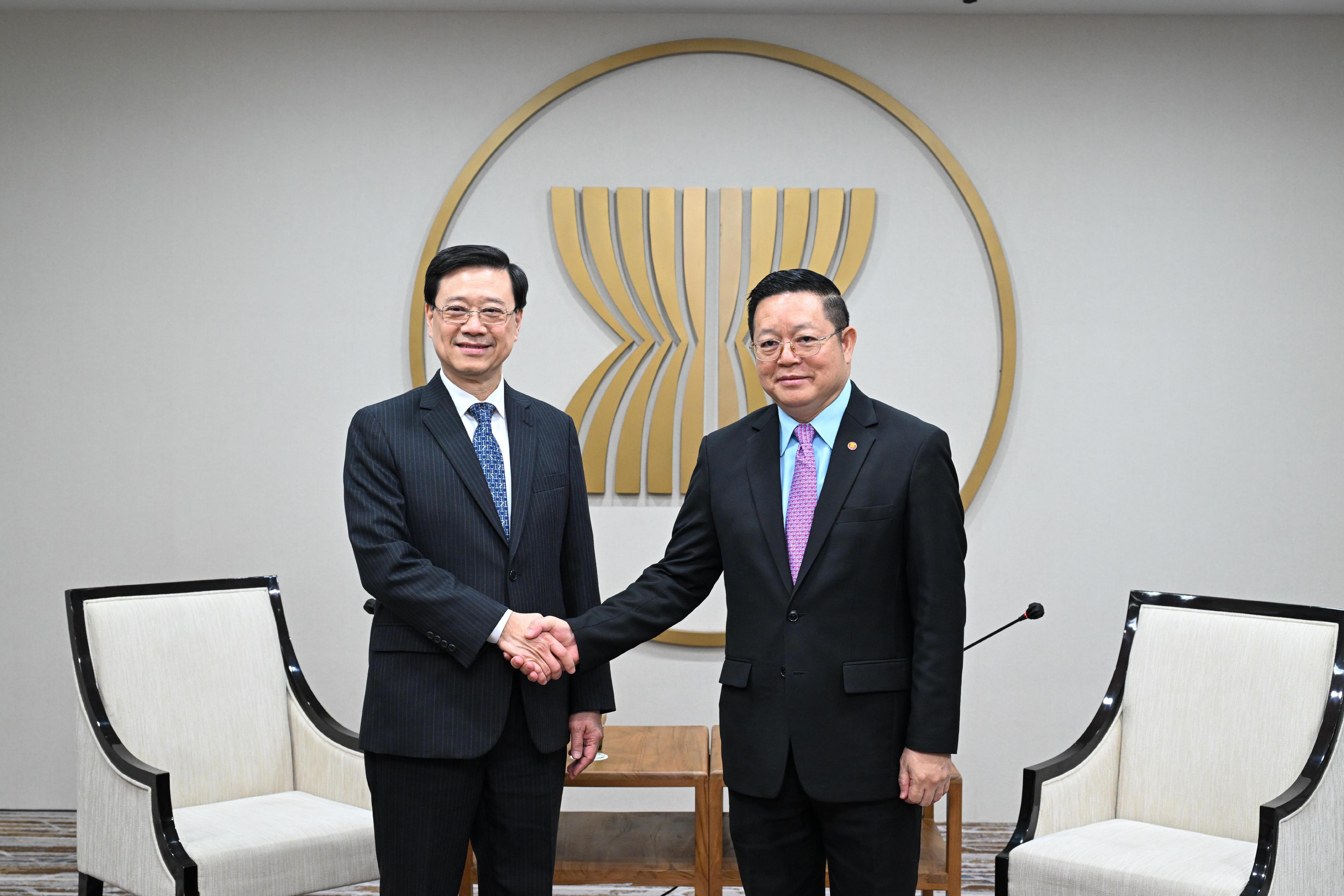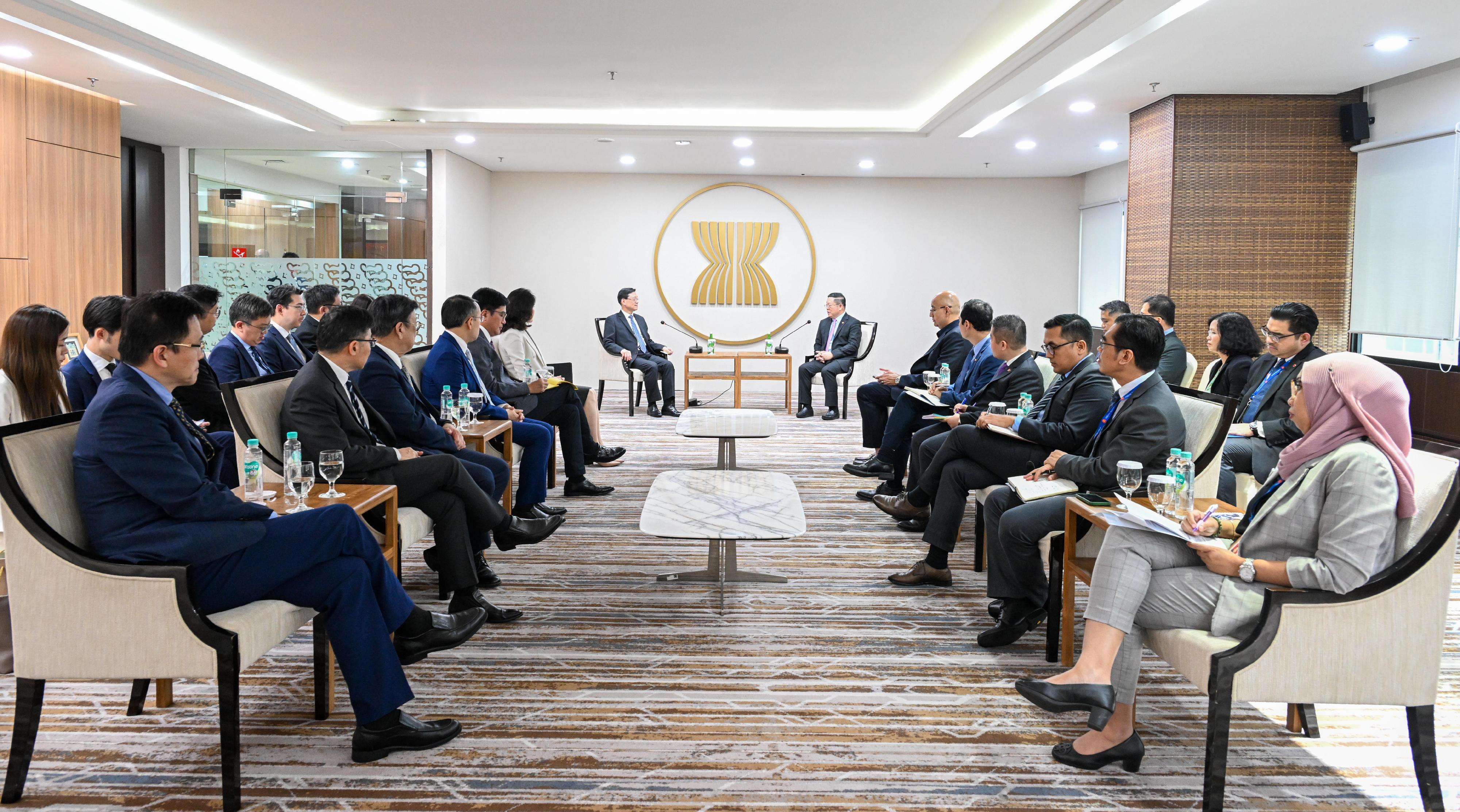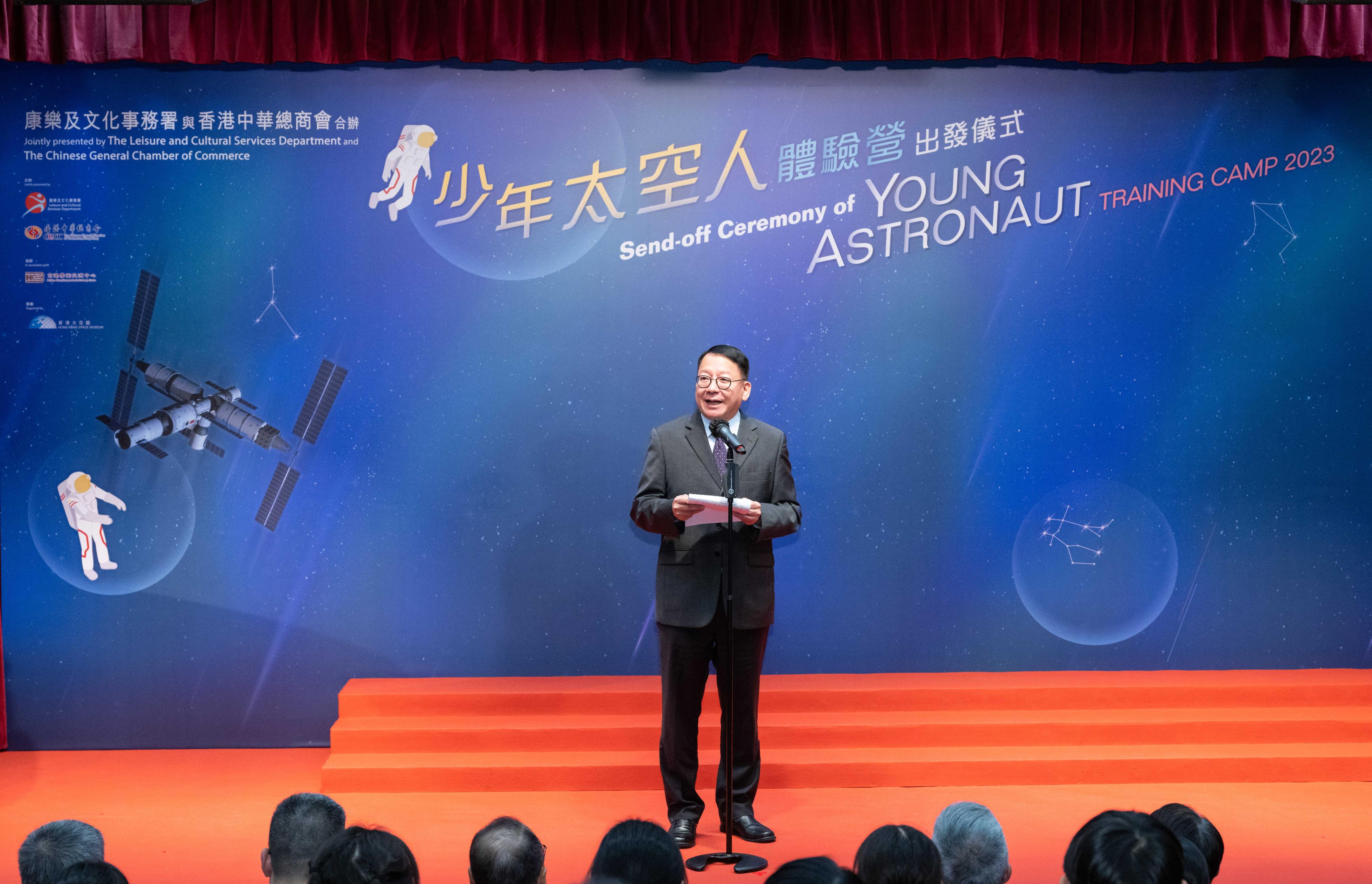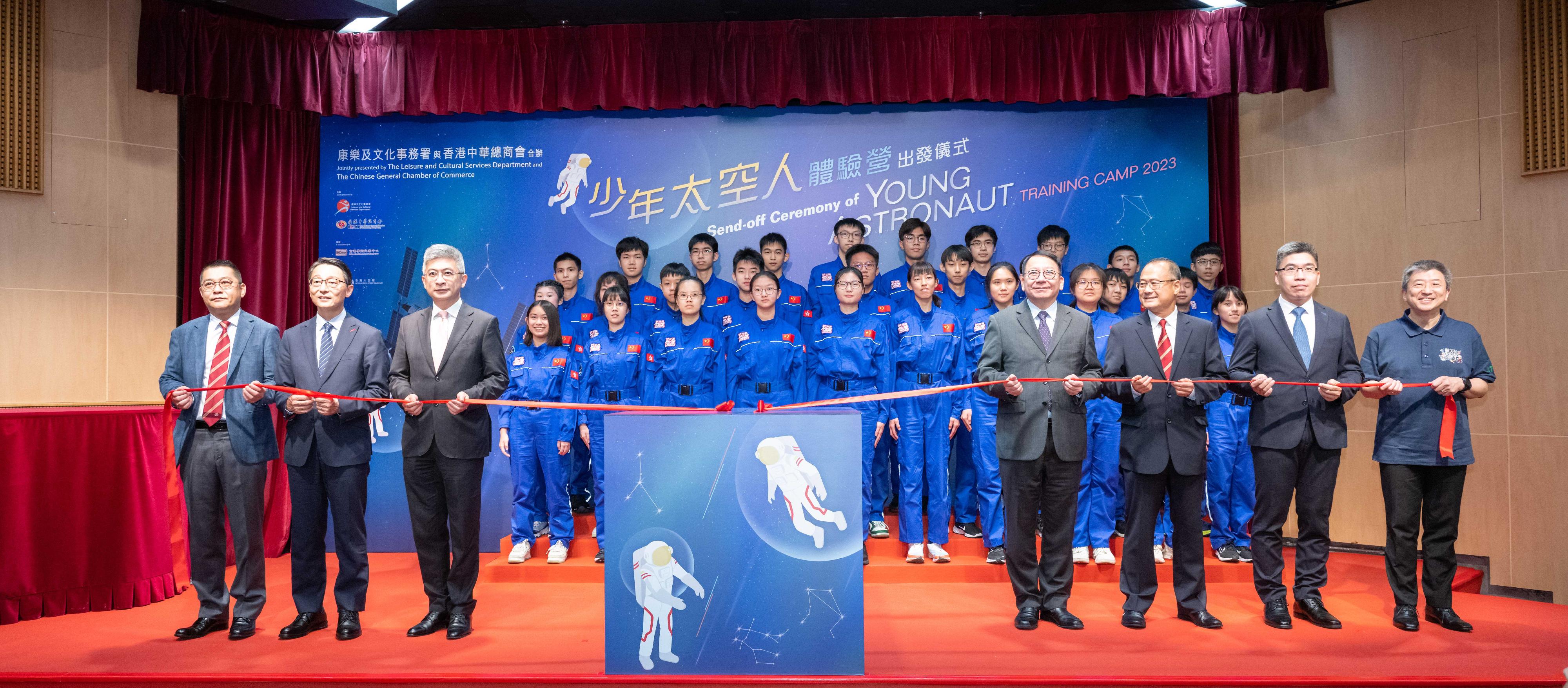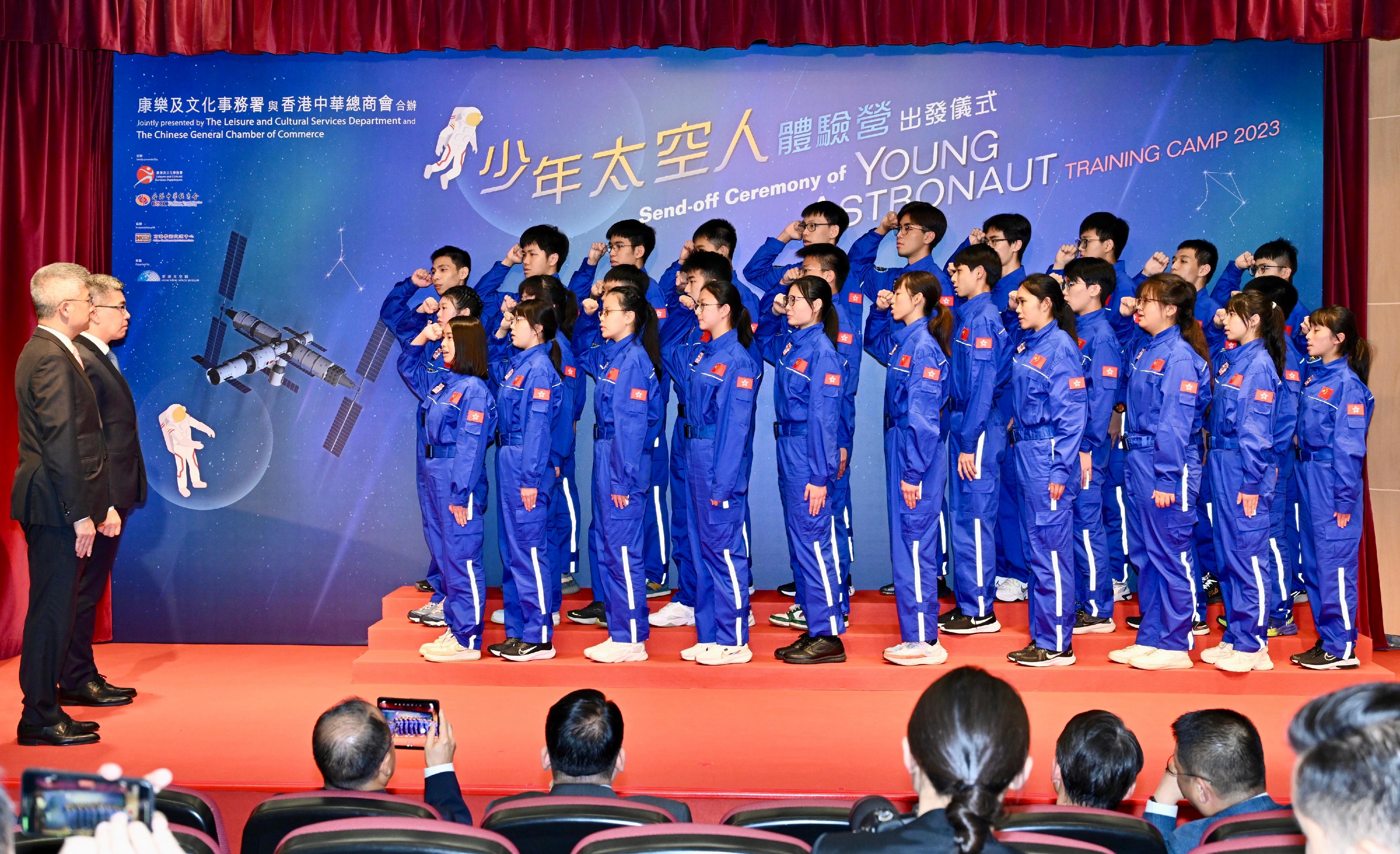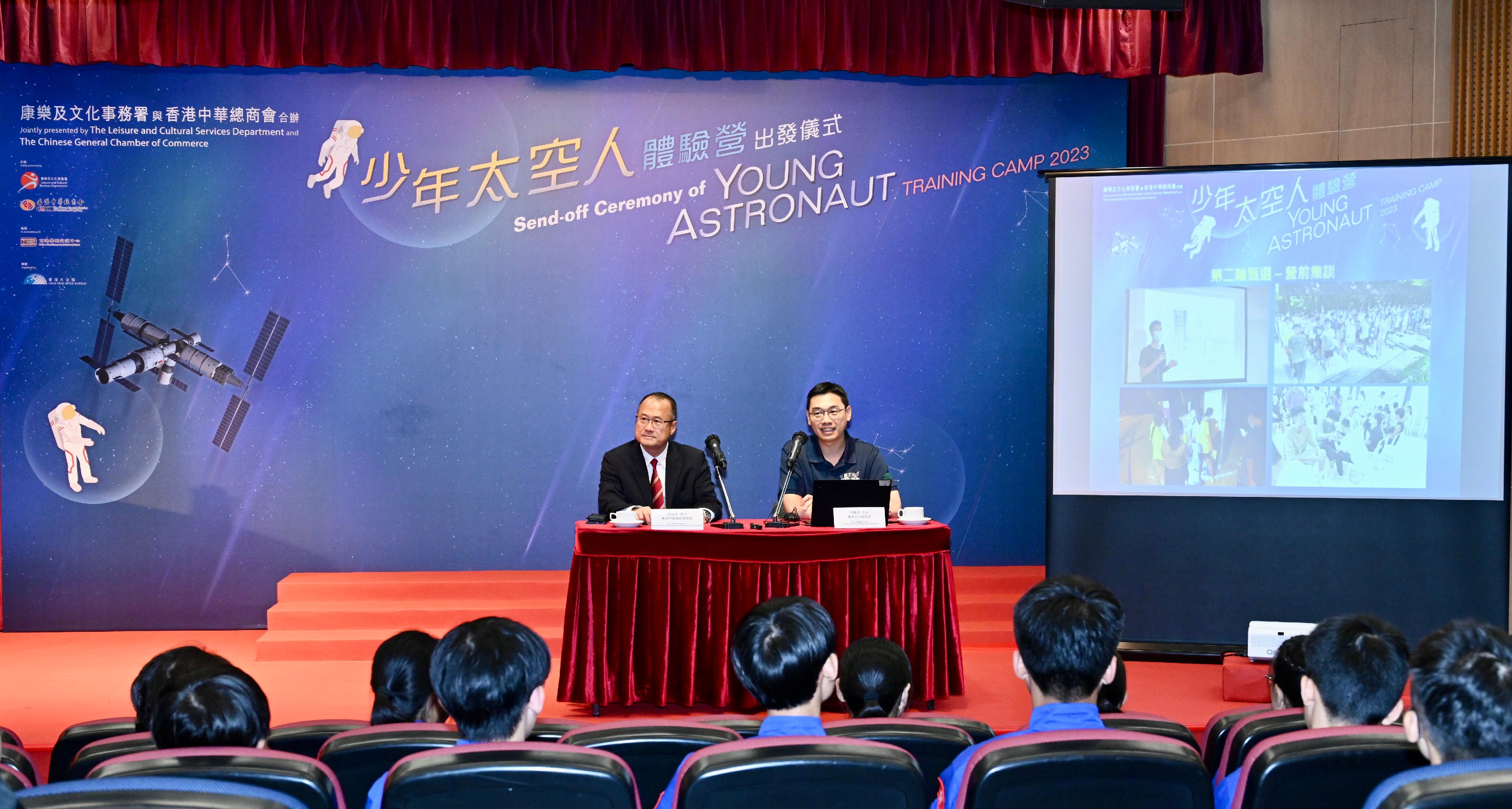CE’s delegation arrives in Indonesia to meet President of Indonesia and Secretary-General of ASEAN (with photos)
​The Chief Executive, Mr John Lee, led a Hong Kong Special Administrative Region (HKSAR) delegation and arrived in Jakarta, Indonesia, today (July 25). He met with the President of Indonesia, Mr Joko Widodo, and the Secretary-General of the Association of Southeast Asian Nations (ASEAN), Dr Kao Kim Hourn, respectively to exchange views on strengthening connections with Indonesia and ASEAN member states.
In the morning, Mr Lee met with the President of Indonesia, Mr Joko Widodo. Mr Lee said that Hong Kong and Indonesia have always maintained close bilateral trade and investment relations, with Hong Kong being a top-three source of foreign investment of Indonesia. He thanked Indonesia for supporting Hong Kong's accession request to the Regional Comprehensive Economic Partnership (RCEP) and expressed his hope for further strengthening co-operation between Hong Kong and Indonesia in various aspects such as trade, investment, finance, innovation and technology as well as culture and tourism.
Afterwards, Mr Lee attended a luncheon hosted by the Charge d'Affaires ad Interim and Minister of the Chinese Embassy in Indonesia, Mr Zhou Kan. Mr Lee thanked the Embassy for its support to the HKSAR Government's work, and expressed his hope to strengthen high-level connections with the Indonesian Government and promote Hong Kong's advantages and latest developments to the local business community through this visit.
In the afternoon, Mr Lee met with the Secretary-General of ASEAN, Dr Kao Kim Hourn. Mr Lee said that Hong Kong attaches great importance to its close trade and economic ties with ASEAN, noting that ASEAN has long been Hong Kong's second-largest trading partner, with a total merchandise trade between Hong Kong and ASEAN reaching an all-time high of US$165 billion last year. With the full entry into force of the Free Trade Agreement and the related Investment Agreement between Hong Kong and ASEAN in 2021, the trade and economic ties between Hong Kong and ASEAN have been elevated to a higher level. Mr Lee also expressed his gratitude to ASEAN member states for supporting Hong Kong's accession to the RCEP, and looked forward to maintaining communication with the ASEAN Secretariat on relevant issues.
Mr Lee will continue his visit programme in Jakarta tomorrow (July 26).
